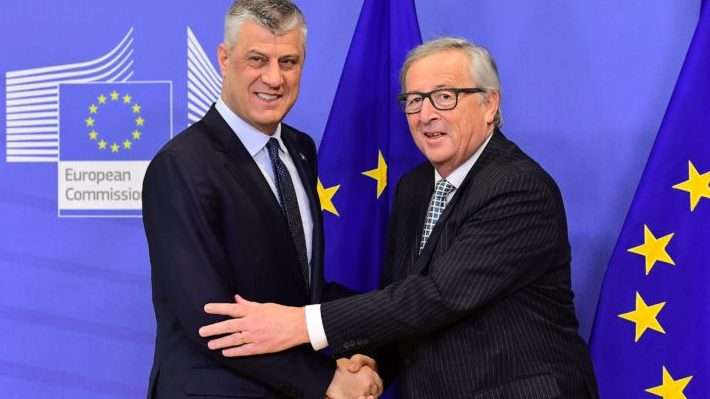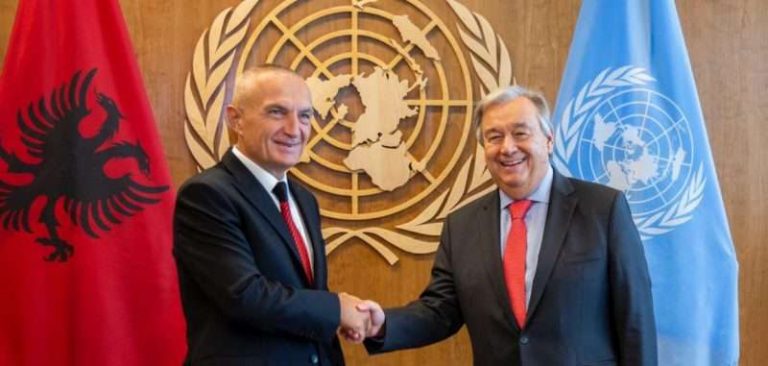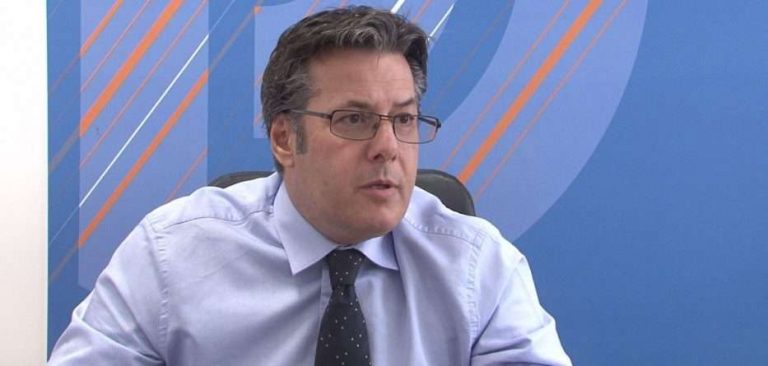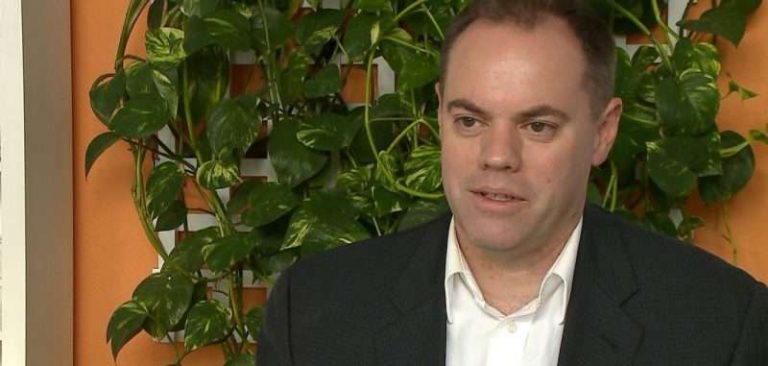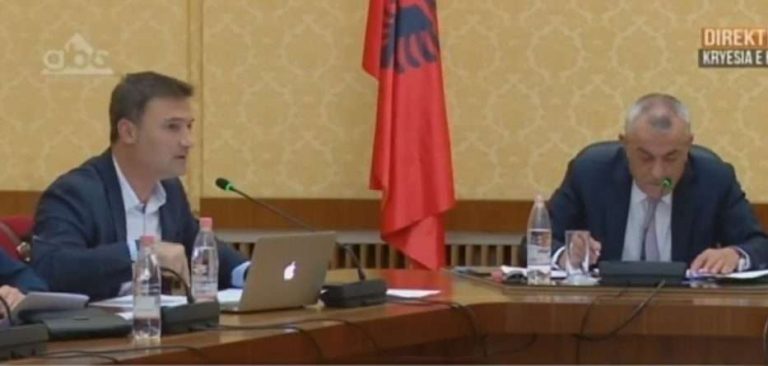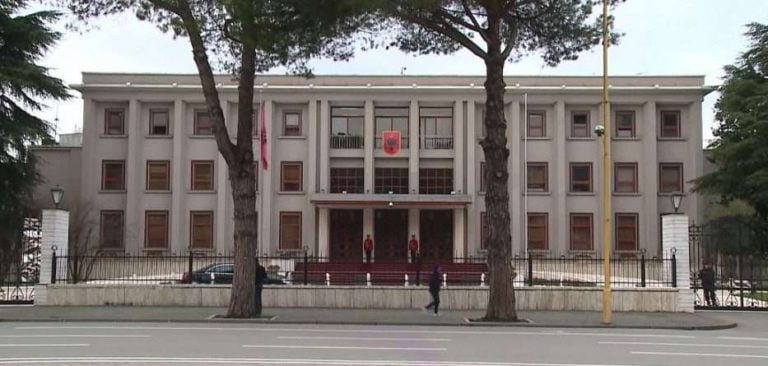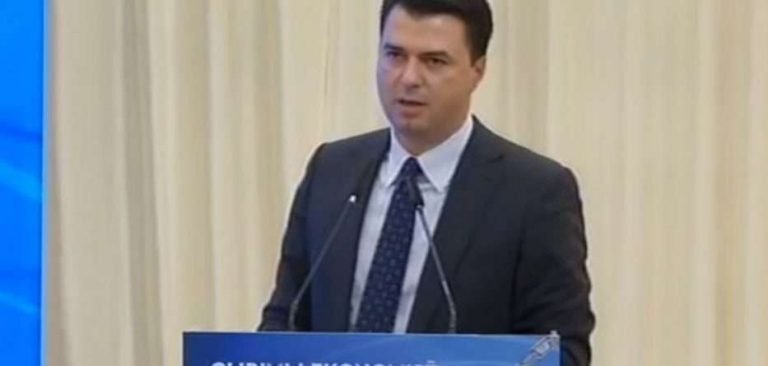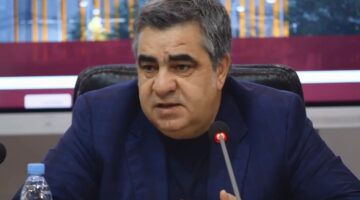– Opinion by Hashim Thaçi, president of Kosovo
PRISTINA — Kosovo marked another milestone in its state-building process this week by moving to establish Kosovo’s own defense forces. A multi-ethnic organization established post-independence under strict scrutiny from NATO, the Kosovo Security Force (KSF) will soon assume a new role as a military defense force.
The change will enhance KSF’s role and mission, and strengthen the overall security architecture not only of Kosovo, but of the entire Western Balkan region. Ultimately, this process will put Kosovo on a path to inclusion in NATO’s Partnership for Peace program, as well as full NATO membership. Reforming our security sector is a crucial step in adapting to contemporary Western military standards and values.
The initiative to upgrade KSF’s role and mission is the result of a long, well-planned process. Our institutions have been cooperating with the NATO members for years now, to ensure an orderly and well-executed transition.
The foremost conclusion of the Strategic Security Sector Review (SSSR), conducted with local and international stakeholders in 2013 and 2014, was the need for Kosovo to establish a modern, professional defensive force in order to protect our territorial integrity and help improve regional and global security.
Some may question our decision. NATO has voiced concern, but we remain confident that establishing our own defense force will help cement the Western Balkans’ move toward the European Union and NATO — a crucial organization which an overwhelming majority of Kosovars view in a positive light — in the long-term.
KSF will be firmly rooted in the Euro-Atlantic security axis. Our officers have trained in the best military schools in the world, and the force’s ability to maintain political and ethnic neutrality has made it Kosovo’s most trusted institution. It will remain under civilian oversight and operate within the framework of a secular, democratic constitution that includes strong measures to ensure greater integration of minorities, especially Kosovo Serbs, in the mainstream of Kosovo’s political and institutional landscape.
Albania’s membership of NATO, and the fact that Montenegro will also soon join the Alliance, are a great contribution to peace in the Balkans. Kosovo, too, wants to move steadily and firmly toward formal ties with NATO, while respecting the difference of opinions among some NATO members.
Taxpayers from NATO countries have, for too many years, footed the bill for security and stability in Balkans. Developing our own, however modest, security instrument will allow us to share the burden of maintaining peace and security in Kosovo.
The proposed security reform will also strengthen Kosovo’s internal societal and political cohesion. Only 18 years ago, we were on the receiving end of a massive wave of genocidal ethnic cleansing. The political and security assurances gained through dialogue which I led with Belgrade must now be solidified. We can do this by moving forward in all aspects of Kosovo’s political, economic and security reforms.
Kosovo’s independence and sovereignty is now recognized by 114 states, and the vast majority of the world recognizes our right to ensure our children’s safety.
If we ask from our citizens that they endure the difficult economic and political transition, that they adopt and approve tough compromises with neighbors and our own minority ethnic communities, then we must also ensure that for every step we take toward reconciliation, we also follow up with concrete moves to ensure that the past will not be repeated. A small defensive force backed up by the NATO protection enshrined in Kosovo’s very foundation is a means of granting our citizens a sense of security.
We are starting a journey that will take years of cooperation with our partners, whose end effect will be a force fully embedded in NATO practices, technology and training. NATO will continue to have an “executive mandate” in matters of security in Kosovo, but we will have increased our own contribution toward that goal.
I appeal on all NATO member states to continue funding and training the Kosovo Security Force with the necessary training in order to ensure the new security force can keep Kosovo safe.
Source: Politico.eu











